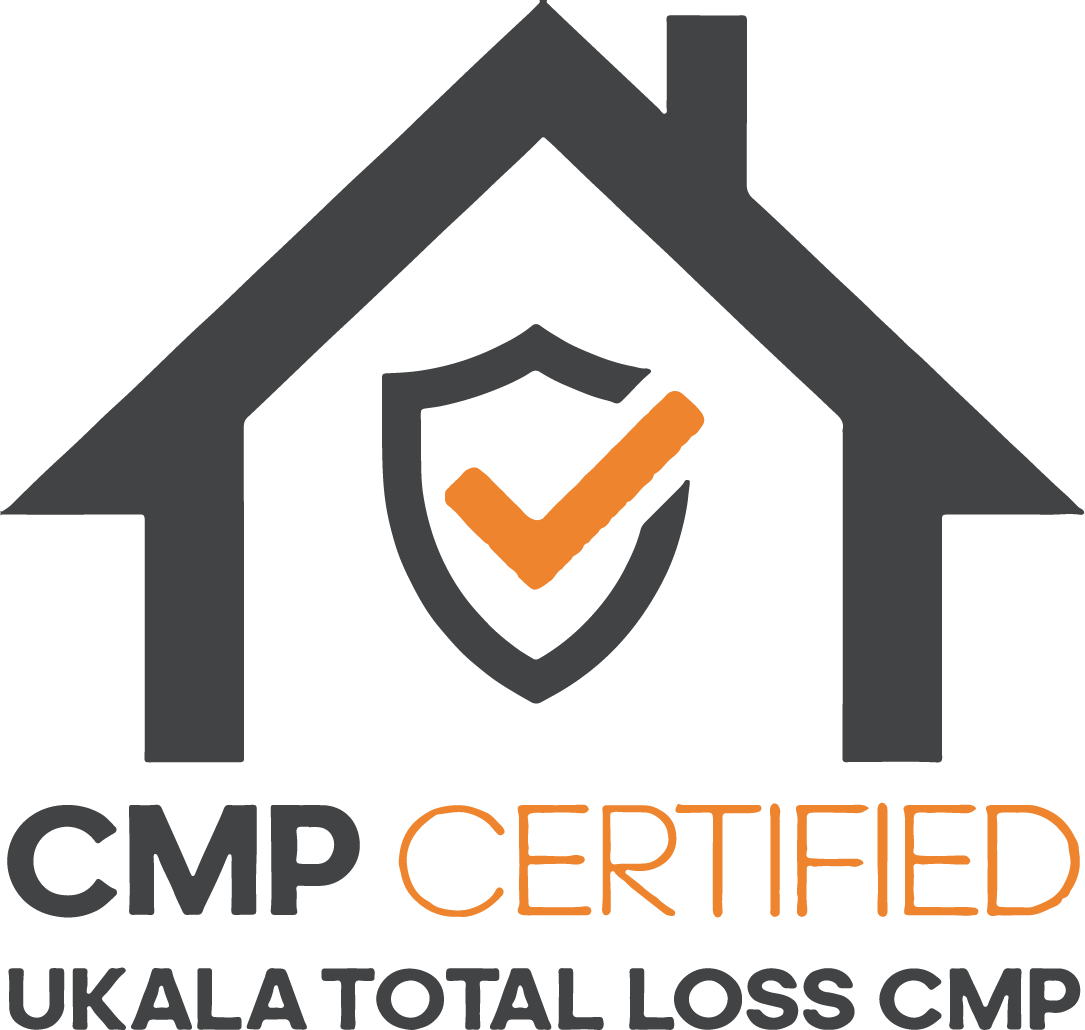Landlord’s Guide
How to become a landlord
Lettings can be a minefield to navigate, with regulations existing around every corner. It can be hard to keep track. At Complete Estate Agents, we’ve been helping landlords and tenants for many years, so feel free to ask us anytime if you need help. Read on for our landlords guide and what you need to consider if you would like to rent out a property.
These are the main things you need to know:
- Landlord Responsibility >
- Preparing your property >
- Right-to-rent checks >
- Structure >
- Furnishings >
- Housing, health & safety rating system >
- Gas safety certificates >
- Electrical safety testing >
- PAT testing & appliance manuals >
- Appliances & furnishings >
- Water supply & Legionella >
- Smoke & Carbon Monoxide alarms >
- Fire regulations >
- Energy Performance Certificates >
- Houses in multiple occupation >
- Deposits >
- Insurance >
- Mortgages >
- Income Tax >
- Non-UK-resident landlords >
- Client money protection >
Landlord’s responsibility
Repairs and maintenance are usually a landlord’s expense unless it can be established that a tenant has misused a property.
Preparing your property
Present and hand over your property to new tenant’s as you would expect it to be returned to you. Tenant’s like neutral décor and features and will expect a property to be thoroughly cleaned and free from any maintenance issues.
Right-to-Rent checks
We will carry out the legally required Right-to-Rent checks which ensure tenants renting a property in the UK have a legal right to be here.
Structure
You must keep the exterior and structure of the property in good repair. This includes heating, drains, gutters, external pipes, and installations for gas, electricity, water and sanitation.
Furnishings
You must ensure all furniture and soft furnishings comply with current fire regulations. You need to remove items from the property which do not comply or where you can’t find evidence of compliance. We can advise you of the exclusions to this legislation.
Housing, health and safety rating system (HHSRS)
The HHSRS allows local authorities to assess the condition of a property and any potential hazards. The aim is to maintain good standards in the private rented sector. We can help you understand how this legislation may apply to your property.
Gas safety certificates
Any gas appliances, including boilers, hobs and fires, must have an annual inspection and Gas Safety Certificate provided by a registered GAS SAFE engineer. This inspection and certificate must be completed before any tenancy starts and renewed annually on or before the previous certificate’s renewal date.
Electrical safety testing
As a landlord, you are responsible for ensuring that all the electrical equipment in your property is safe. It is now law for all rental properties to have an Electrical Installation Condition Report (EICR) in place before any tenancy starts. This certificate is renewable every five years unless specified to be sooner within the report.
Portable appliance testing (PAT)
If you leave any appliances (that are not hard-wired) at the property, these will need to be PAT tested annually and before any tenancy starts.
Water supply and Legionella
Landlords are obliged to ensure that the risk of exposure to tenants, residents and visitors by Legionella is properly assessed and controlled. As a landlord, you are responsible for maintaining a low-risk water supply to the property. Therefore, it is advised to have a legionnaires risk assessment carried out.
Smoke & Carbon Monoxide alarms
It is a legal requirement for one smoke alarm to be fitted to each storey of your property. These smoke alarms must be tested (and deemed working) at the start of the tenancy.
Any room with a solid fuel-burning appliance, e.g. log burner, must contain a carbon monoxide alarm within 5 meters of the appliance. A carbon monoxide alarm is also advised where there is any gas appliance, e.g. boiler/gas hob, and the legislation is due to change in 2022 to reflect this, whereby carbon monoxide alarms will also become mandatory.
Fire regulations
Just like employers, landlords have specific legal obligations regarding fire safety, the protection of their properties and the safety of people who reside in their premises. However, it is not as simple as ensuring that there is a fire extinguisher to hand – fire safety largely depends on the potential risks and the layout of the building.
Legislation requires that landlords carry out fire risk assessments in all areas of their properties. This process will identify fire hazards, who is at risk, and decide if anything needs to be done to remove or reduce that risk.
Energy performance certificate (EPC)
Your property will need a valid EPC which is a report that details the property’s energy efficiency, which must have a rating of E or above. An EPC must be in place when marketing commences.
There are some exemptions, including listed properties; however, if you believe your property is exempt, please speak to a member of our team who will advise you on how to apply for an exemption. It is your responsibility as the landlord to register your property as exempt with proof of the exemption with your local authority.
The government is due to announce a further progression to this law whereby all properties must reach a Rating of C or above. This legislation is expected to be introduced for all new tenancies in 2026 and all tenancies from 2028.
Houses in multiple occupation (HMO)
A HMO is an entire flat or house that is let to 3 tenants or more who live as two households or more and share a kitchen, a bathroom and/or a toilet. HMO standards and obligations differ in all locations. Information should be sought from the local council which will advise if your property requires a license or not and what obligations you have to ensure your property meets regulations.
read more (Teignbridge BC)
Deposits
We will register your tenants’ deposits with a government-approved Tenancy Deposit Scheme, which we must do by law. This:
- prevents landlords from unfairly holding onto tenants’ deposits
- Provides an independent resolution should a dispute arise between tenant and landlord
- Gives all parties confidence that deposits are protected by a licensed organisation, safeguarding deposits against rogue landlords, tenants, and agents.
We will compare the property at the end of a tenancy with the ‘Inventory & Schedule of Condition’. Any dilapidations allowing for ‘fair wear and tear’ can be claimed against the tenant’s deposit.
Most often, any discrepancy is settled amicably, with help from Complete. However, should a dispute arise that cannot be settled amicably, the Tenancy Deposit Scheme has a process laid out to adjudicated. We can explain more about this process, should the need arise.
Insurance
Your responsibility as a landlord is to ensure that your property and any of your contents are fully insured against fire, flood, theft and damage. As a minimum every landlord should take out Buildings Insurance for their property. There are also specialist rent and legal protection policies available.
Mortgages
Mortgages can vary and if you have not got a specialist buy to let mortgage you will be required to have consent to let from your mortgage lender before any tenancy commences.
Income tax
The income you gain from your rental property is subject to income tax, just like your normal earnings. This applies whether you live in the UK or abroad. HMRC require each individual landlord to declare their rental income using a self-assessment tax return. There are also some landlord expenses that you can offset and we suggest speaking to an experienced accountant regarding your property income.
Non-UK-resident landlords
If you live for more than six months outside of the UK, we are required by law to deduct basis rate tax from the rent that we receive on your behalf, and we pay this directly to HMRC.
However, you can apply to have rent paid to you without tax being deducted under the Non-Resident Landlord Scheme. You will need to log onto the HMRC website to complete this application and you will need to quote our reference number: 904/NA054320
We advise that you complete this as soon as possible as we will be required to deduct tax from your rental income until we receive your NRL1 form back from HMRC.
Client Money Protection
Complete Property are protected by UKALA Total Loss Client Money Protection Scheme (CMP).

How much is your home worth?
Get your free instant online property valuation.

